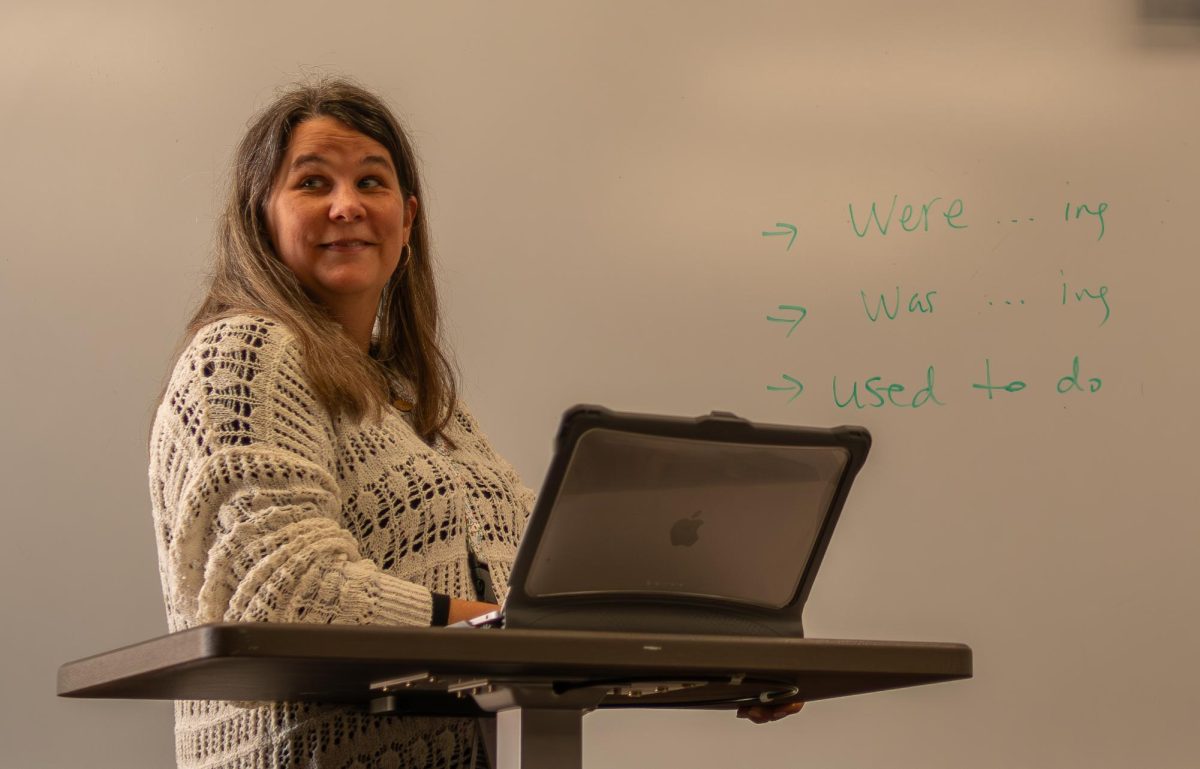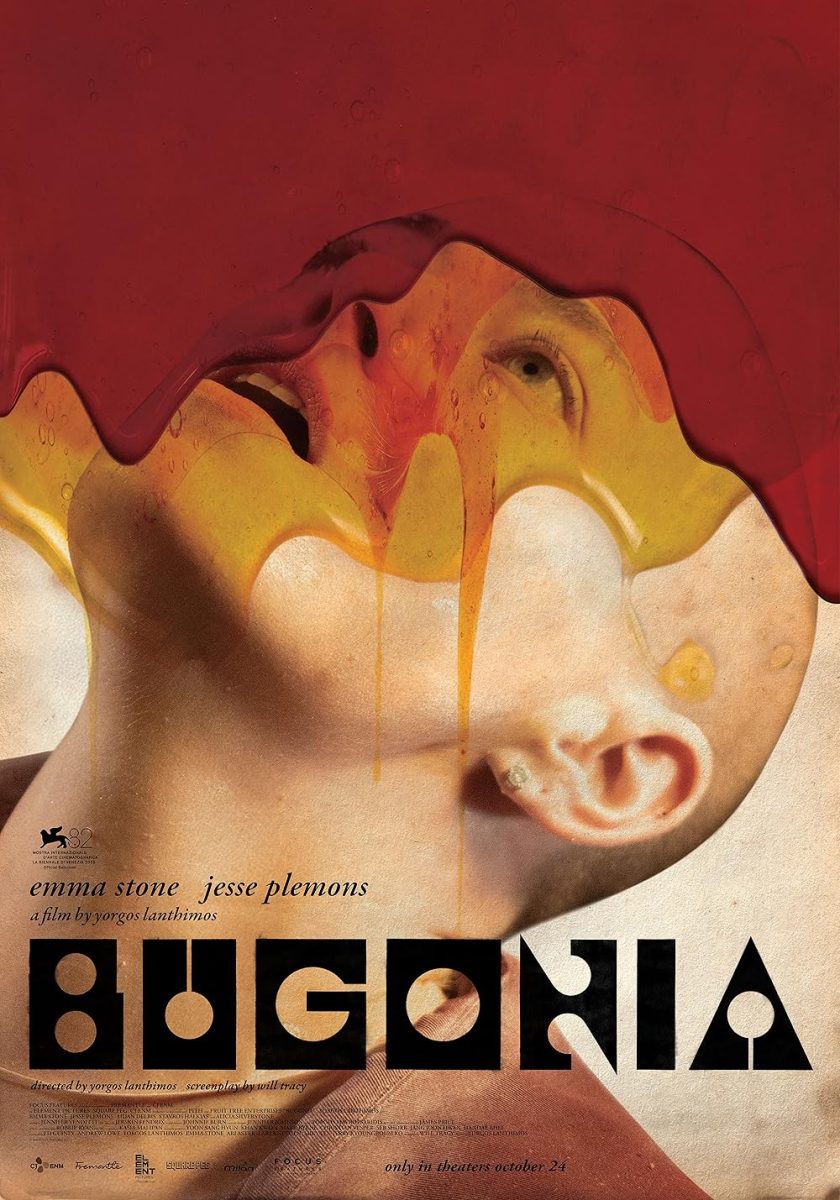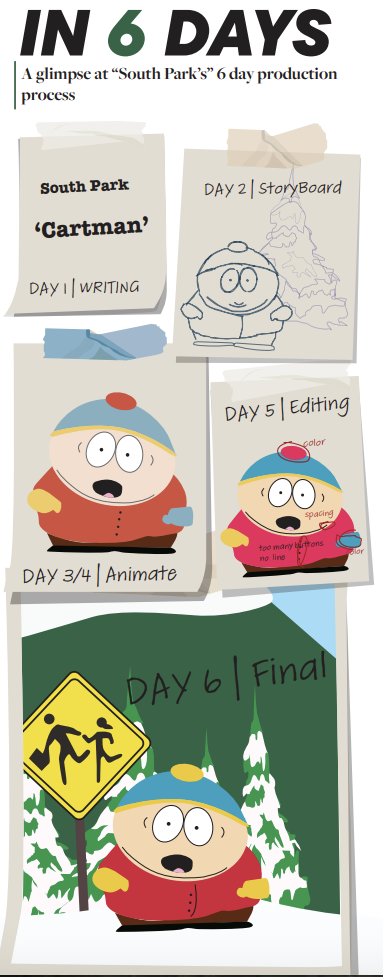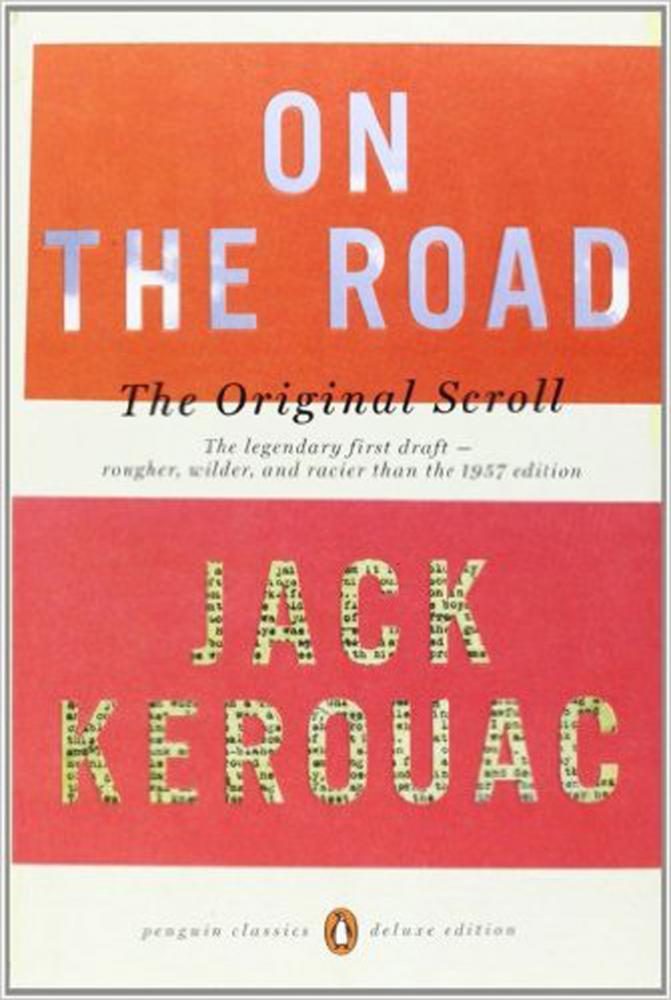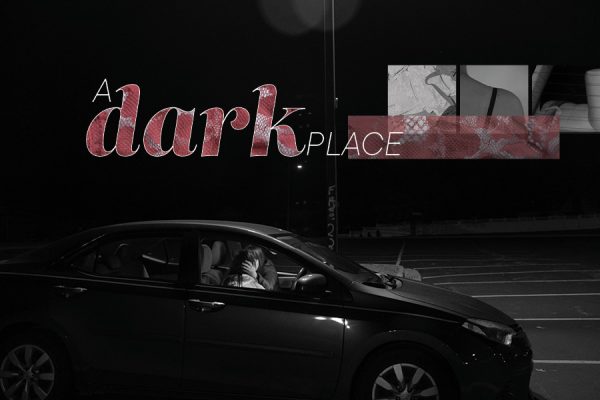On the Road Review
Rating: 4.5 out of 5
May 4, 2017
At first glance, Jack Kerouac’s book, On the Road, may seem completely irrelevant to this generation and that is a completely incorrect judgement. This coming of age storyline is timeless. No matter what year it is, every teen and every young adult will experience a similar period of questioning. The novel is the story of Paradise coming to understand who he is and what he wants to do with his life.
The book is Kerouac’s way of telling the story of his journey across North America. Characters Sal Paradise and Dean Moriarty represent Kerouac and his close friend Neal Cassady.
Paradise begins his journey hitchhiking west from his home in New York. After his first trip cross-country, Paradise continues his travels with a variety of wild friends he meets along the ride. Once Paradise and Moriarty get tired of the same old country after two years, they move on to Mexico in 1950. Throughout their many trips across the continent, the two men meet a cluster of unique, new friends from all walks of life. Paradise’s knowledge of culture and compassion for humanity increases as he travels, while Moriarty begins to mature and understand how to live life in the real world after his off-the-grid childhood. However, just when Moriarity begins to grow up, he loses his grip on his life and does something completely unexpected.
This novel is one of the most well-written I have ever read. Kerouac’s word choice is phenomenal throughout and left me wanting more. The many towns and cities that the characters traveled through were described with such imagery and detail that I could imagine the exact spot in my mind. Kerouac did not just use visual aspects to explain the scenery, but went into beautiful detail of the scents and overall atmosphere of each 1950s era town. While there is heavy reference to drugs in the novel, it does not impact the actual plot much, however if a reader is very against the use of drugs, this may not be the book for them.
The only part of the book that bothered me was that there was no true climactic moment. My interest did not increase throughout the novel, it was missing a strong point of interest to keep me reading. The novel was based on Kerouac’s actual travels with Cassady, which explains the lack of one exact climax, but I felt as if there should still have been a high point of interest to suck readers in.
Maybe today’s teens do not have to cross the continent to find out who they are, but in some way, we will all go through a period of self doubt. Any teen who has ever wondered what their purpose is will easily relate to Paradise and realize why this book is not one to be lost in time. If you want to read a story about real life, nothing glamorous, you are sure to love On the Road.



